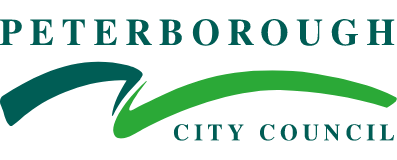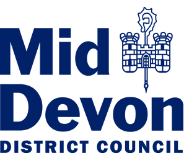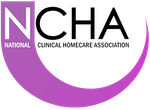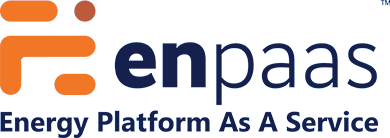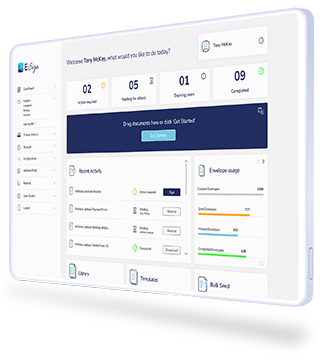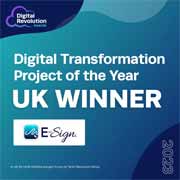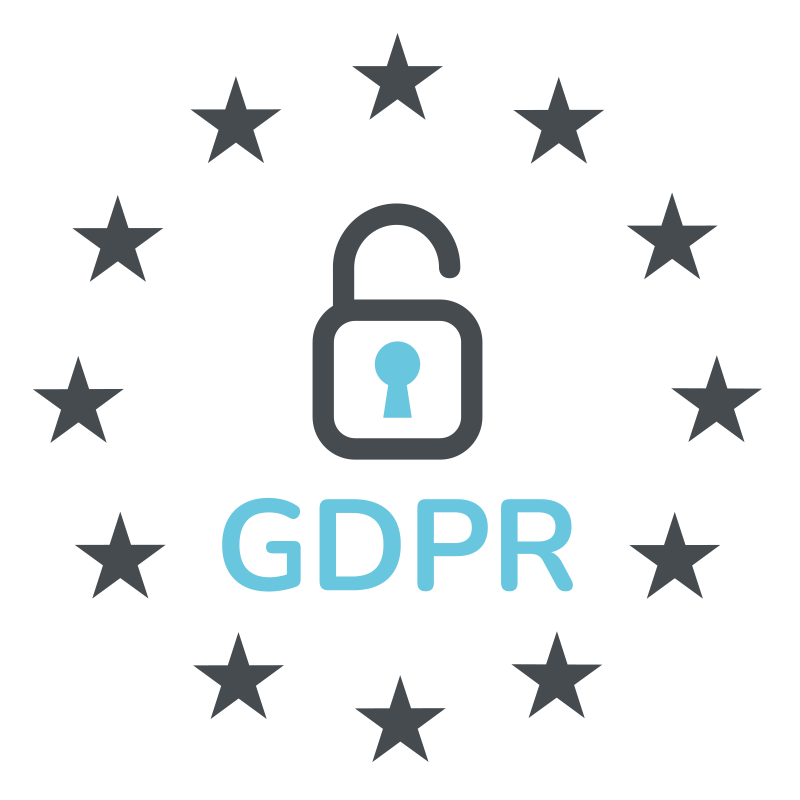The Legality of eSignatures in France
Explore the legality of electronic signatures in France and the laws and regulations that govern their use.
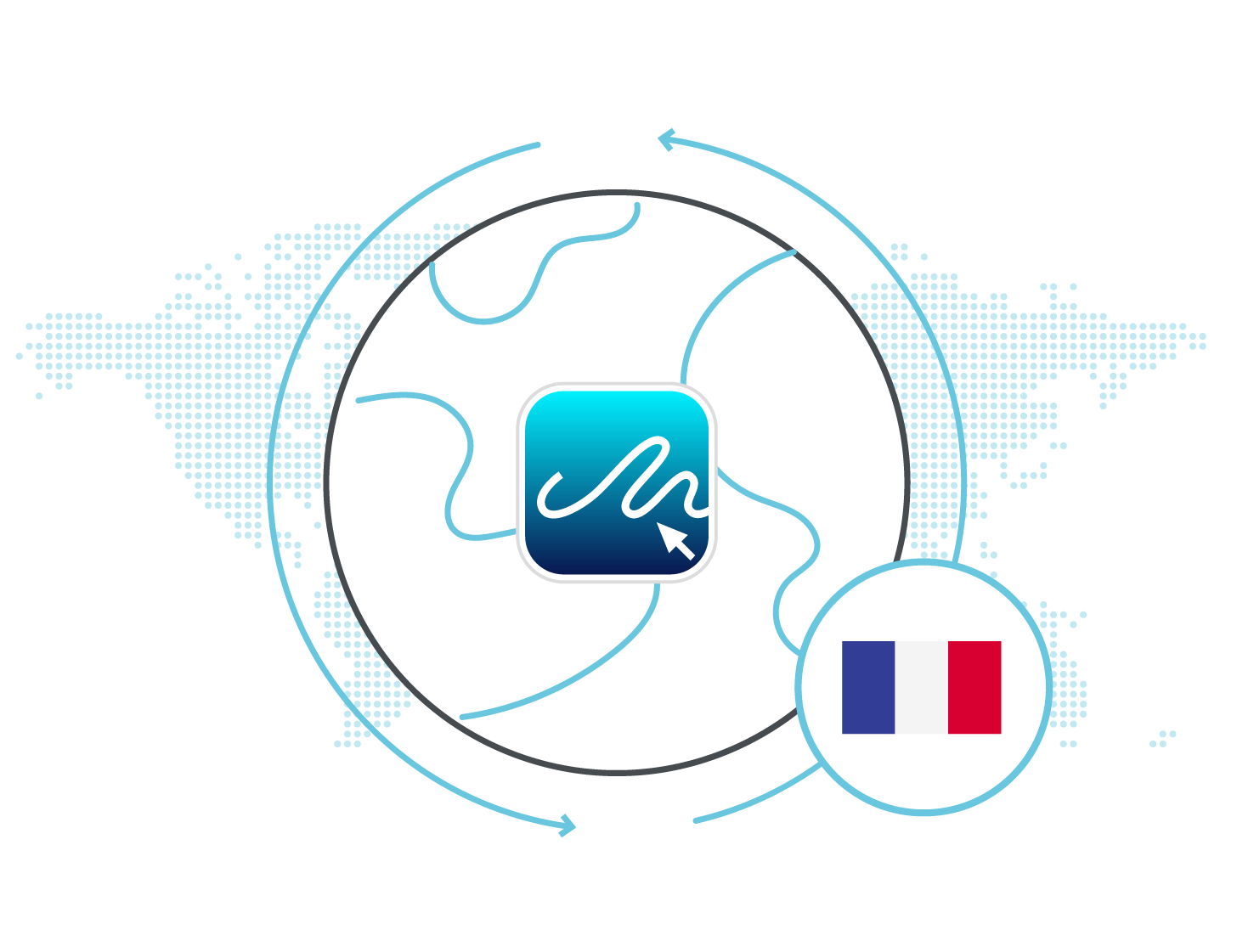
Trusted By
Are eSignatures Legally Binding in France?
Documents that can be signed electronically
French law typically does not require documents to be in written format or signed. As long as both parties clearly express their intent, they can be finalised in different ways such as verbally, implicit action, electronically, or written. When there is no specific requirement for the form of the document, any type of e-signature can be accepted, providing that it is “reliable”. To be reliable through the French Civil Code, an electronic signature should demonstrate that:
- It is uniquely linked to and identifies the signer in an accurate and reliable way
- The signed document must be stored in secure conditions which will guarantee its integrity
A specific form of document, especially in written form, is only needed where it is expressly requested by mandatory law or by a pre-existing contractual provision between the parties.
Documents that may not be signed electronically
In general, the choice of the type of signature will depend on the importance of the document. For example, advanced e-signatures are often used in matters of government administration. Also, for some acts in the French administration, either an advanced or qualified electronic signature can be used. This includes public procurements, judicial and commercial court decisions, and medical files (e.g., health medical data).
A qualified e-signature is required for certain agreements in regulated business, such as activities involving lawyers, banking institutions, notaries, and bailiffs. These instances are examples of when the evidence and nature of the signature are of particular importance.
Types of e-signature permitted in France
The eIDAS regulation defines an electronic signature as data in electronic form which is attached or logically associated with other data in electronic form and which is used by the signatory to sign. It distinguishes between three types of e-signature, simple, advanced, and qualified.
- Simple – the most basic form of e-signature that can be in the form of typing your name at the bottom of an email or checking an approval box. There are no specific security or identity verification requirements for a simple e-signature.
- Advanced – this type of signature is uniquely linked to the signer, can accurately identify the signer, is created using data that the signer can be confident is under their sole control and is linked to the data in a way that detects any subsequent changes that are made. Advanced electronic signatures are more secure than simple signatures and are legally binding in most use cases.
- Qualified – this type of signature is similar to advanced but has additional requirements providers must adhere to. They must be certified based on public keys that have been issued using proper technological means. This means that the identity verification process is multi-step, using both encrypted keys and two-factor authentication.
The French Civil Code defines an electronic signature in the following way:
- In order for an electronic signature to be considered valid, it must identify its author and express consent for the acts that arise from the agreement.
- An e-signature uses a suitable identification process that solidifies its link to the document when attached to it.
Notable legality changes since 2020
None. France continues to adhere to the e-signature definitions and rules introduced by the EU eIDAS regulation and the French Civil Code.
Publicly Accessible Links to Laws/Regulations Discussed
- French Civil Code Decree No 2017-1416 2017
- Regulation (EU) No 910/2014 of the European Parliament and of the Council of 23 July 2014 on electronic identification and trust services for electronic transactions in the internal market and repealing Directive 1999/93/EC
Disclaimer
The content provided on this website is meant for general informational use only and does not constitute legal advice. Legal regulations on this topic can evolve rapidly, so E-Sign does not ensure that the information presented here is always up-to-date or accurate. If you have particular legal concerns regarding any details on this site, it is recommended that you consult with a licensed attorney in your jurisdiction.
Last Updated 9th October 2024



